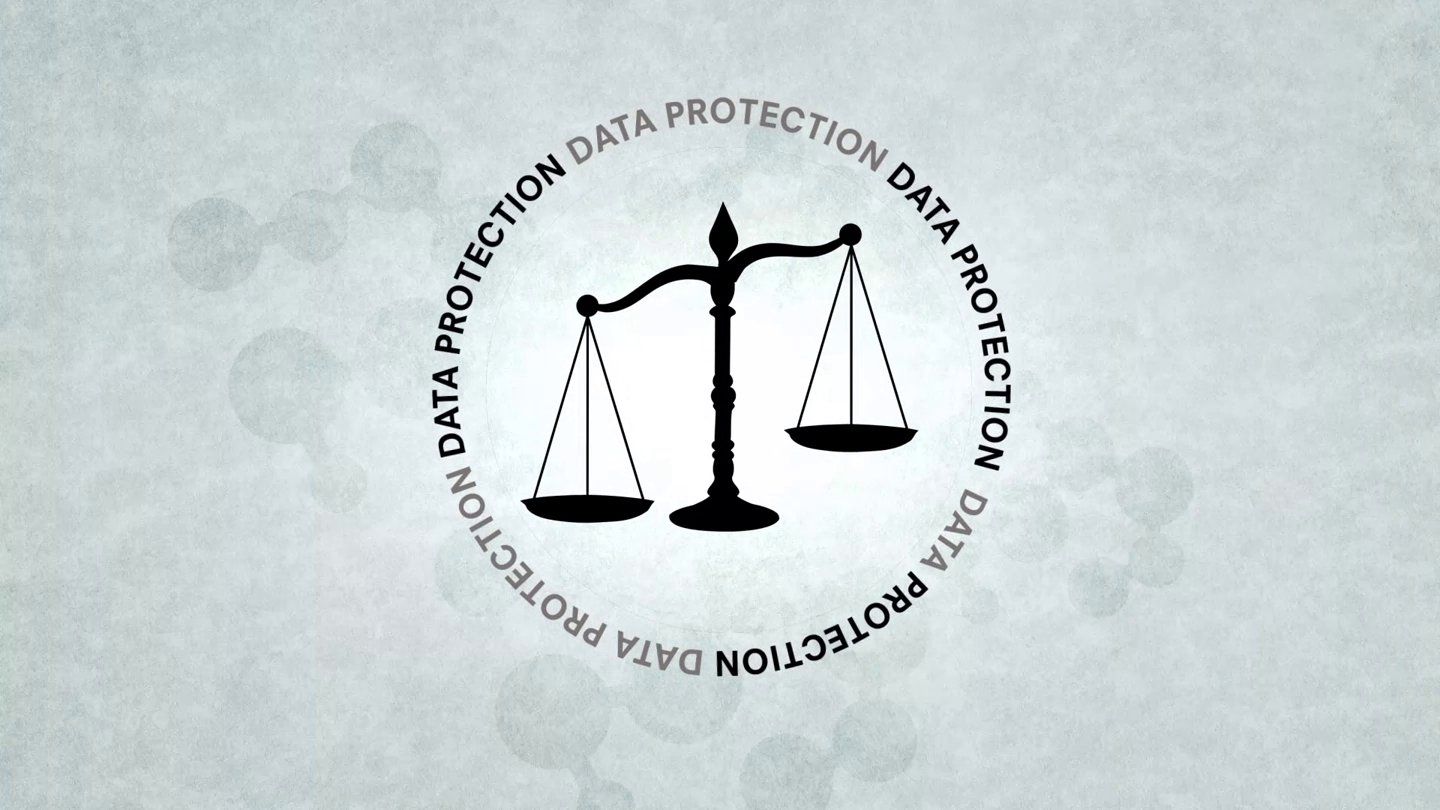Brits blindly walking into Orwellian surveillance state, survey suggests
Britain is sleep-walking into an Orwellian surveillance state, with most of its citizens unaware of or disinterested in the far-reaching implications of the government’s Investigatory Powers (IP) Bill, a new survey suggests.
A poll conducted by broadband comparison site Broadband Genie reveals the widespread confusion many Brits are experiencing with respect to the soon-to-be-implemented legislation.
Known to its opponents as the “snoopers’ charter,” the bill will give UK law enforcement bodies unprecedented access to citizens’ online activities.
It will allow them to force broadband providers such as BT and Virgin to store people’s internet browsing history and hand over this data to the state in the absence of judicial oversight.

Intelligence agencies and government bodies such as the National Crime Agency (NCA) will also be allowed to hack citizens’ internet networks, personal computers and other devices.
While the government says the legislation is vital to combating organized crime and terrorism, privacy rights advocates say it goes too far. They argue unlimited access to citizens’ private communications and devices should be a real concern for British people.

Of 1,600 respondents surveyed by Broadband Genie, 75 percent said they had not heard of the IP Bill. Asked if they backed the government’s plans to ramp up mass surveillance in Britain, a third said they didn’t care either way.
Fifty percent of those surveyed said law enforcement agencies should not have access to citizens’ encrypted communications and devices.
Privacy International (PI), which specializes in the field of mass surveillance and privacy rights, says the IP Bill will give police deeply intrusive snooping powers, allowing for the installation of malware on citizens’ computers.
Such a move would empower UK law enforcement and intelligence agencies to spy on citizens by activating their microphones and webcams. PI also warns the draft legislation would allow UK authorities to remotely gain access to files on citizens’ computers and erode data security on their personal devices, without them knowing.
It currently remains unclear who will pay for the implementation and maintenance of the infrastructure needed to accompany these legislative changes. Experts suggest the cost could spiral into billions of pounds.
Short video explaining what data protection is / why it is so important privacyinternational.org/node/570
PI also warns UK citizens’ internet browsing history will be obtainable by police in the absence of a warrant, and the cost of turning Britain into an Orwellian surveillance state is currently unknown.
“A recent estimate was £1.2 billion [about US$1.7 billion], or more than seven times the highest Home Office estimate. This cost could be passed to you and would mean higher broadband and mobile phone bills. You will be paying for the police to spy on you,” the group said.
“With this money they could employ 3,000 more full-time police officers for a decade – at a time of spending cuts across police forces. Mass surveillance of the population does not make us safer, but police officers on the streets do.
“Our police already have very powerful investigation and surveillance capabilities. They do not need such intrusive powers that will impact on everyone’s right to privacy.
“We are calling on internet service providers to publicly oppose the bill in its current form.”
“We are calling on internet service providers to publicly oppose the bill in its current form.”
https://www.rt.com/uk/340411-big-brother-surveillance-state/



0 Comments:
Post a Comment
Subscribe to Post Comments [Atom]
<< Home